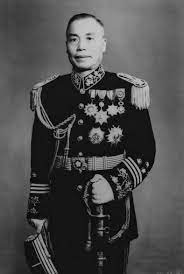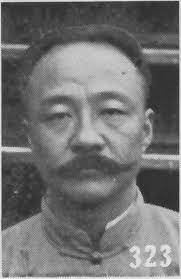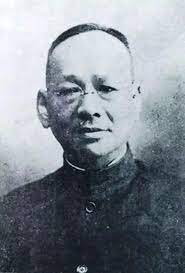Li Tsung-jen 李宗仁 T. Te-lin 德鄰 Li Tsung-jen (1890-), leader of the so-called Kwangsi clique, which also included Pai Ch'ung-hsi and Huang Shao-hung. He was elected to the vice presidency of the National Government in 1948, and he became acting President in 1949. He retired to the United States in December 1949, but went to […]












